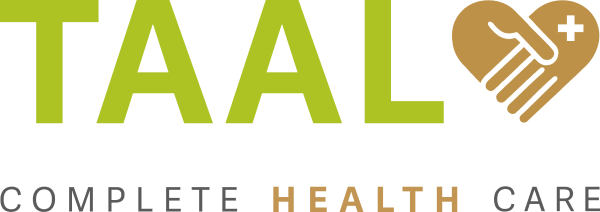I recently stumbled upon a topic that deserves more attention: the complex relationship between HIV and prematurity in maternal and infant health. While much progress has been made, it’s a pressing issue with real implications for mothers and their newborns, particularly in vulnerable communities worldwide.
HIV-positive pregnant women are at a higher risk of preterm births, often leading to severe neonatal complications. But why does this happen? What is it about the intersection of HIV and premature delivery that makes it so complex?
How HIV Contributes to Prematurity
There isn’t a single answer—it’s multifaceted. For one, immune system changes, co-existing infections, and treatment-related factors can increase the likelihood of preterm labor among HIV-positive women. Antiretroviral therapy (ART), a critical tool for controlling HIV and preventing mother-to-child transmission, may paradoxically increase prematurity risks depending on the drug regimen used. It makes me wonder: how can we balance effective HIV control with minimizing risks during pregnancy?
HIV-positive women may also be more prone to conditions like bacterial vaginosis, malaria, or malnutrition, each of which plays a role in preterm births. This highlights the need for tailored care plans, early intervention, and regular screenings. But how do we ensure every HIV-positive pregnant woman receives the care she truly needs?
The Role of ART in Preterm Births
ART has saved countless lives and reduced HIV transmission rates. However, some ART combinations have been linked to higher preterm delivery risks. It underscores the need for carefully customized treatment for HIV-positive mothers, balancing maternal health, viral suppression, and the well-being of the unborn child. Research continues to explore better options to keep both mom and baby safe, but are we doing enough to find solutions?
Preventing Prematurity: Holistic Care Is Key
We can reduce preterm birth rates through comprehensive prenatal care and integrated health services. This means timely diagnosis, careful selection of ART regimens, nutritional support, and addressing co-infections. Collaborative care, with obstetricians, HIV specialists, and counselors working hand-in-hand, is key. But how can we ensure every mother receives coordinated care?
Addressing Neonatal Challenges for Premature Infants
Premature babies born to HIV-positive mothers face unique challenges, from respiratory issues to developmental delays. Proper neonatal care, focused on infection prevention, nutrition, and long-term monitoring, makes a huge difference. Do all communities have the resources to provide such specialized care? If not, how can we change that?
The Complications of Prematurity with HIV
Complications related to prematurity and HIV exposure require an especially vigilant approach. Premature newborns may deal with respiratory distress syndrome, neurodevelopmental issues, and more. Support from families and communities is essential, along with continuous monitoring. What role can public health initiatives play in enhancing support systems?
Maternal HIV and Emotional Toll of Prematurity
There’s also a deep emotional toll for mothers navigating HIV and premature births. Psychological support, community resources, and open conversations can provide strength. How can we better integrate mental health care into neonatal and maternal services?
Raising Awareness: Making HIV and Prematurity a Global Priority
World Prematurity Day sheds light on issues like this—encouraging discussion and awareness. By improving access to HIV treatment, preventive care, and maternal health support, we can work to reduce preterm birth rates. How can each of us contribute to this movement?
Navigating Care: From Prevention to Long-Term Health
Comprehensive HIV care services for women are essential. By promoting holistic health—encompassing virus suppression, nutrition, and maternal care—we can lower risks for premature births and ensure healthier outcomes for mothers and their babies.
Ultimately, starting these conversations is critical. How can we work together to support HIV-positive mothers, improve health systems, and reduce prematurity risks?
I’d love to hear your thoughts on this. What can we do, individually and collectively, to create better outcomes for families affected by HIV and prematurity?
This blog article shares general information on various topics. It is not a substitute for professional advice and is intended for informational and educational purposes only.
Please use individual discretion and judgment when applying any suggestions from the blog.






1 Comment
You’ve managed to capture something ineffable — your words touch a place that logic alone cannot reach.